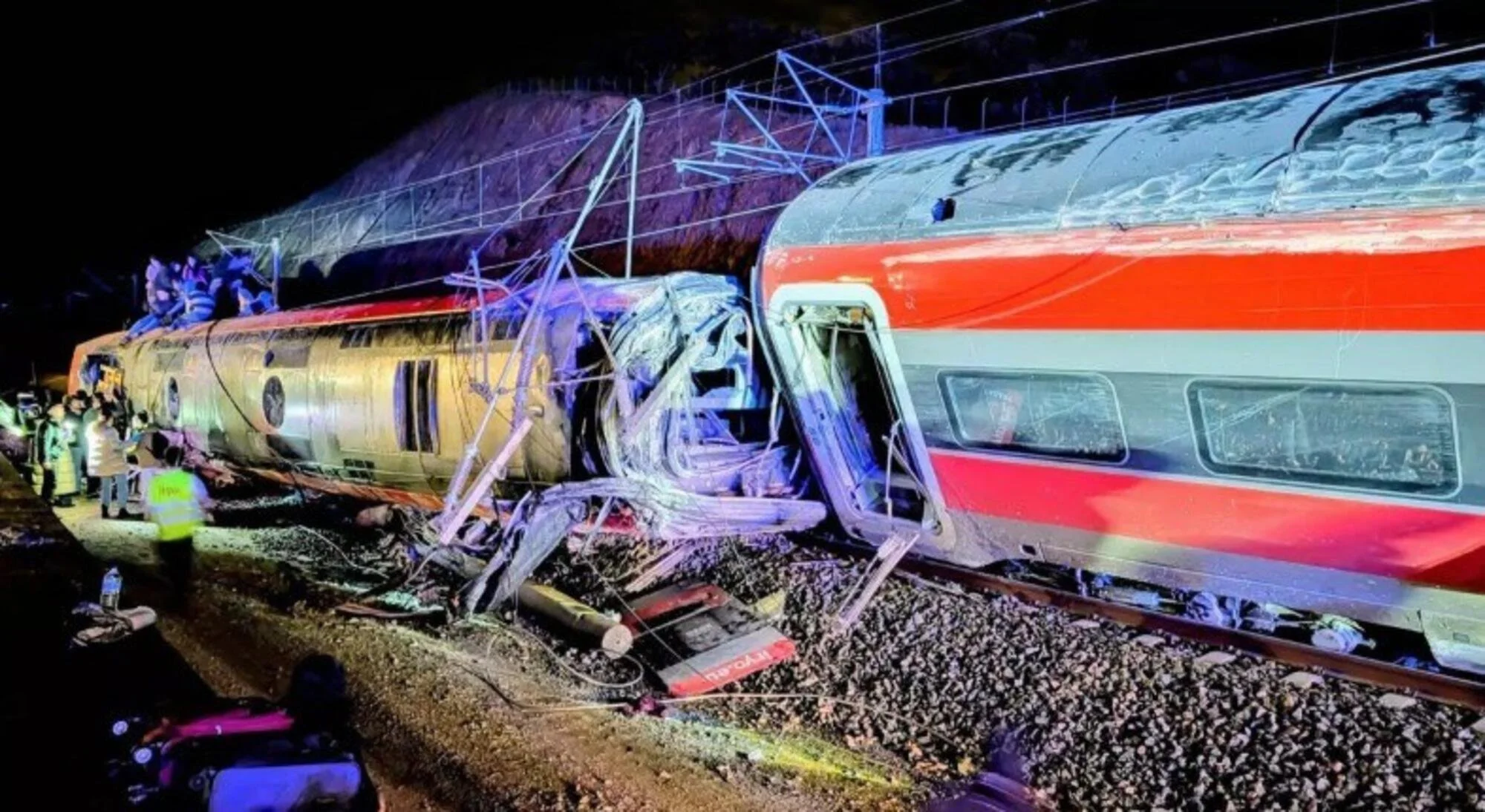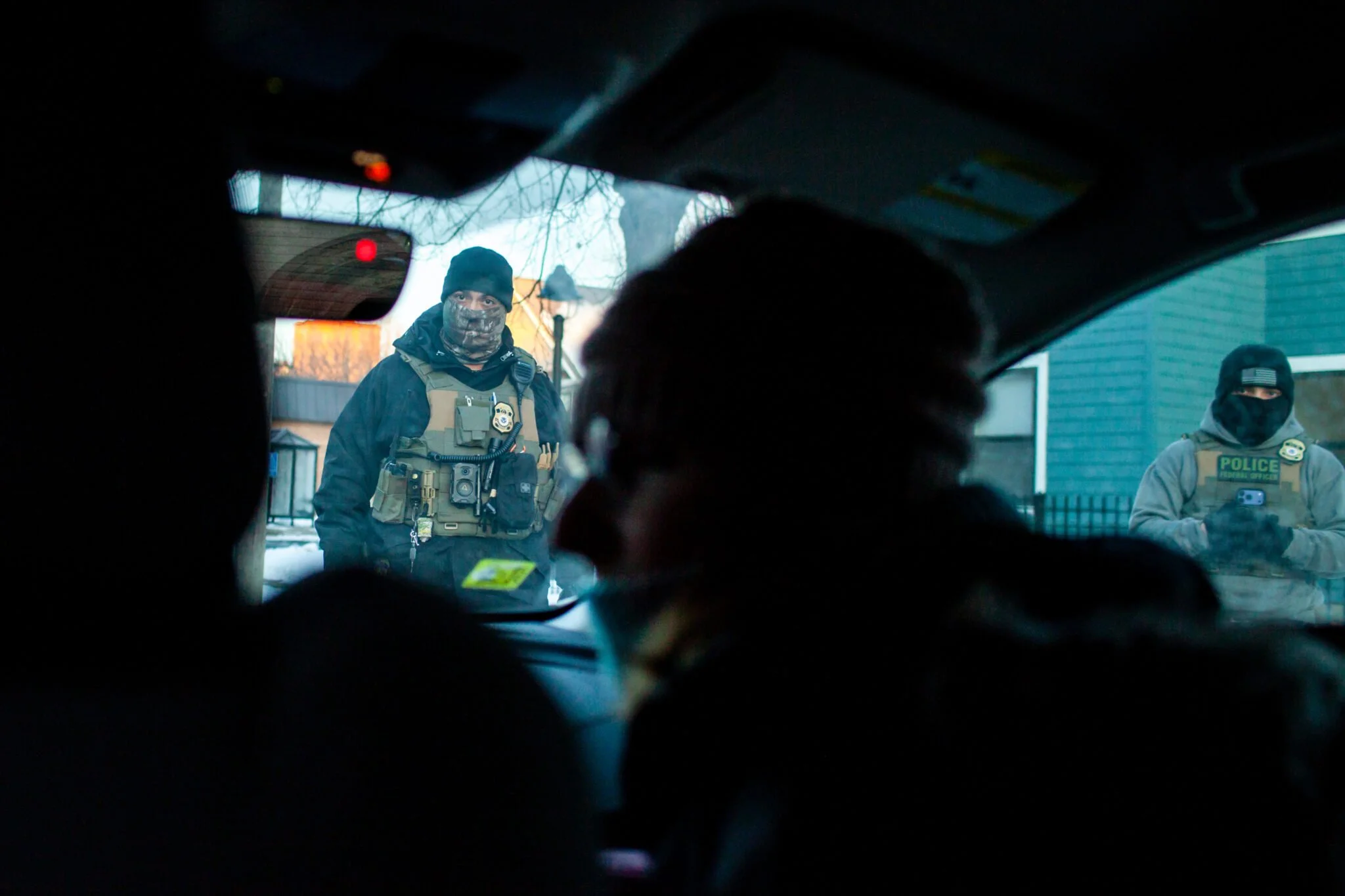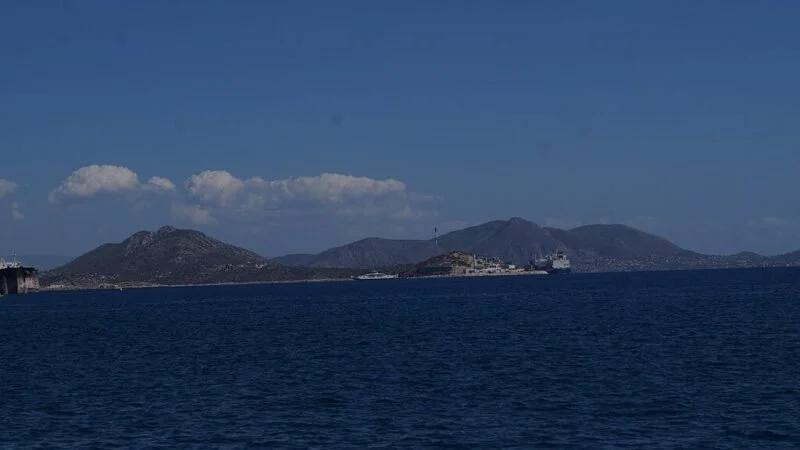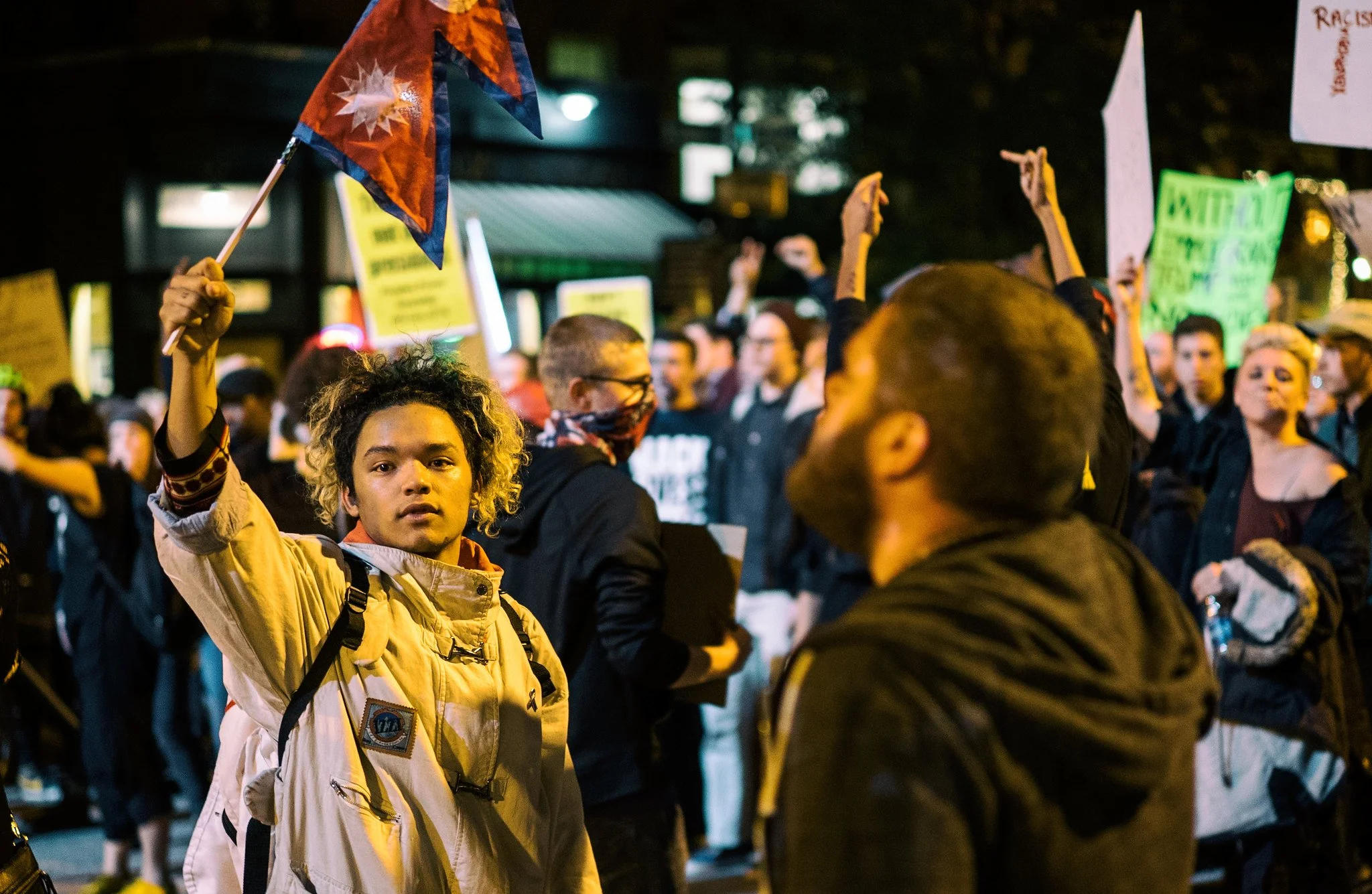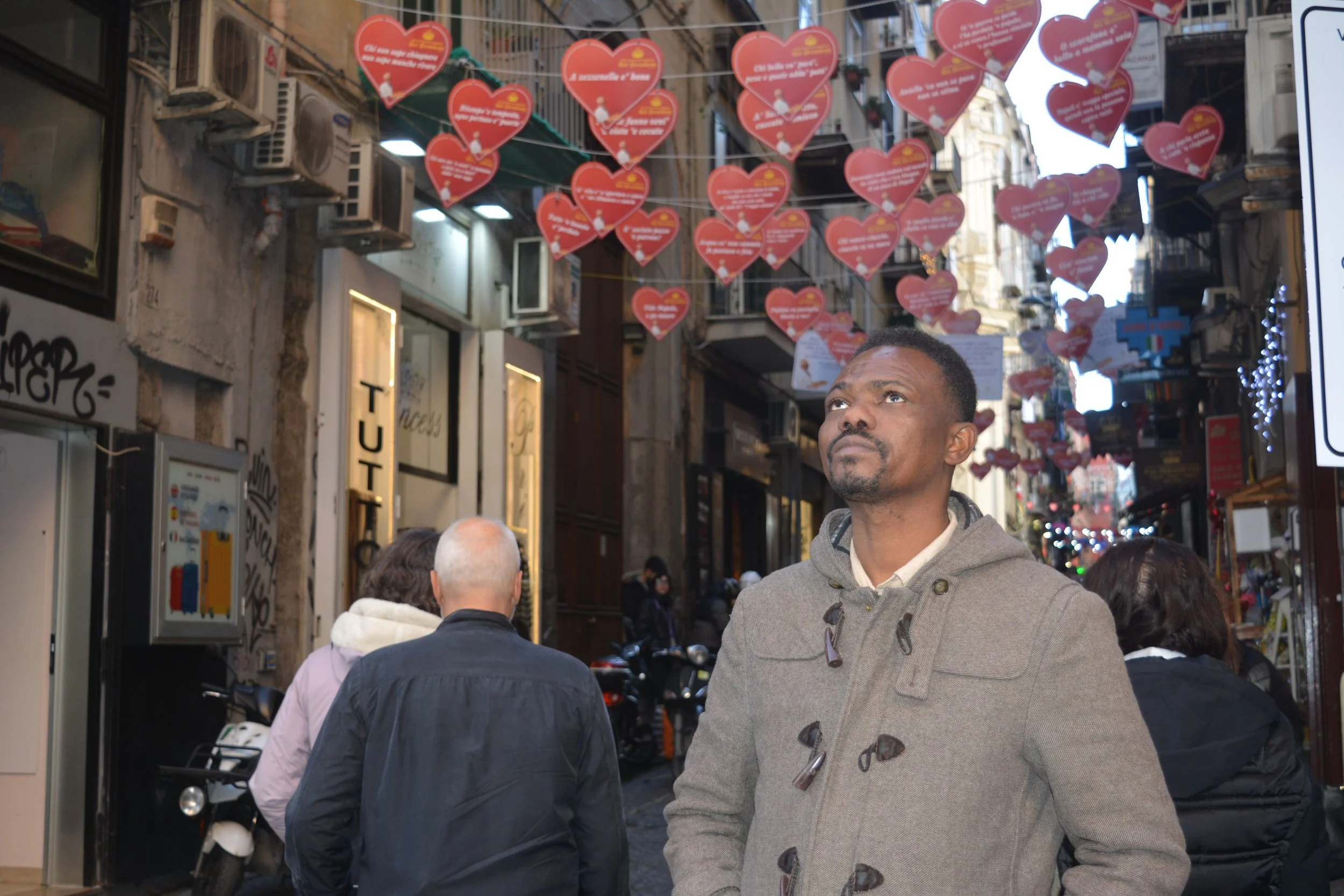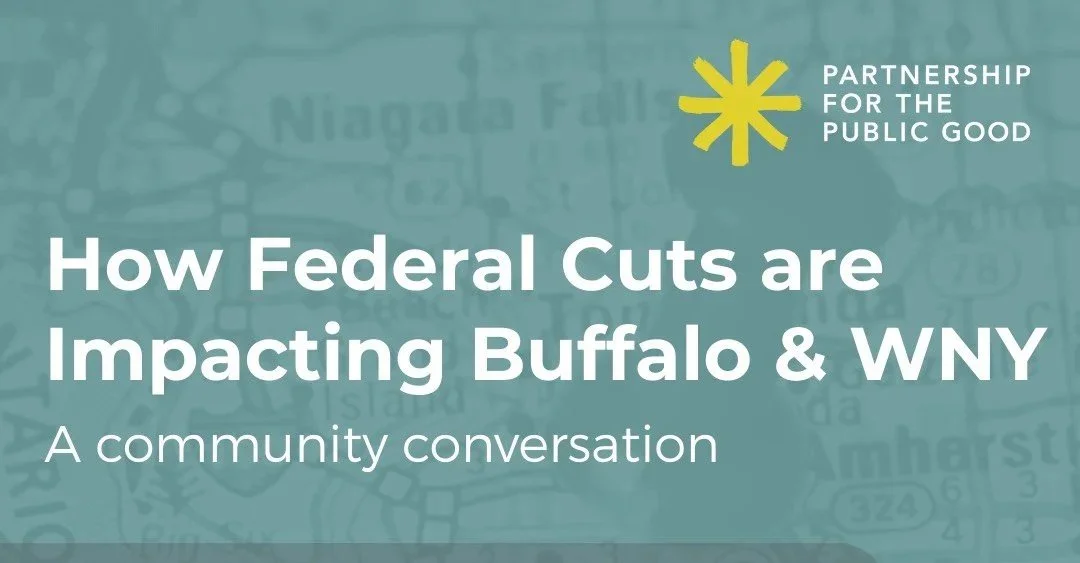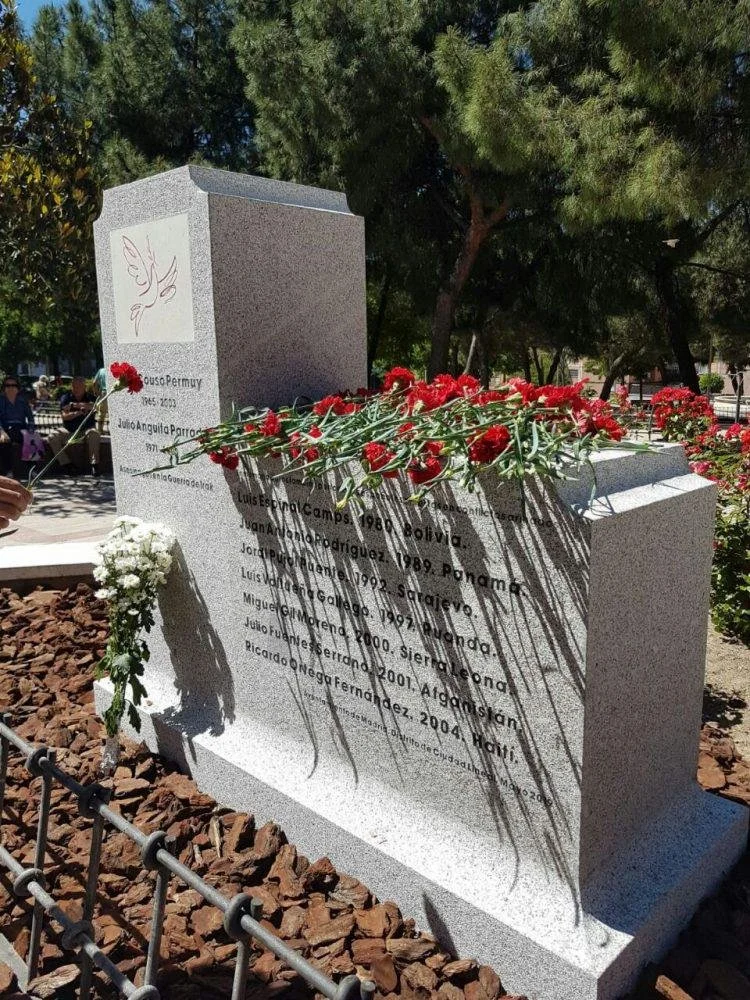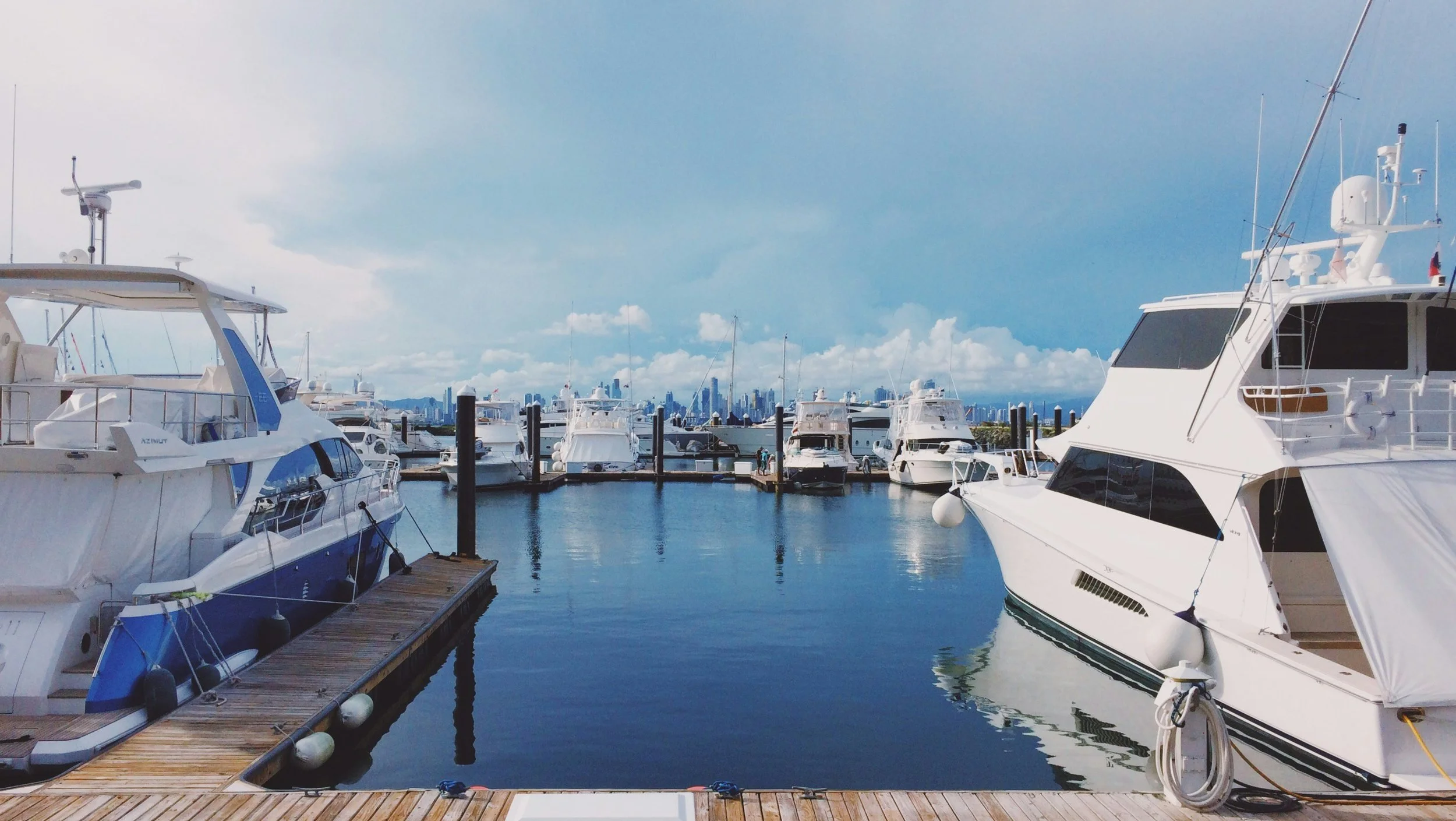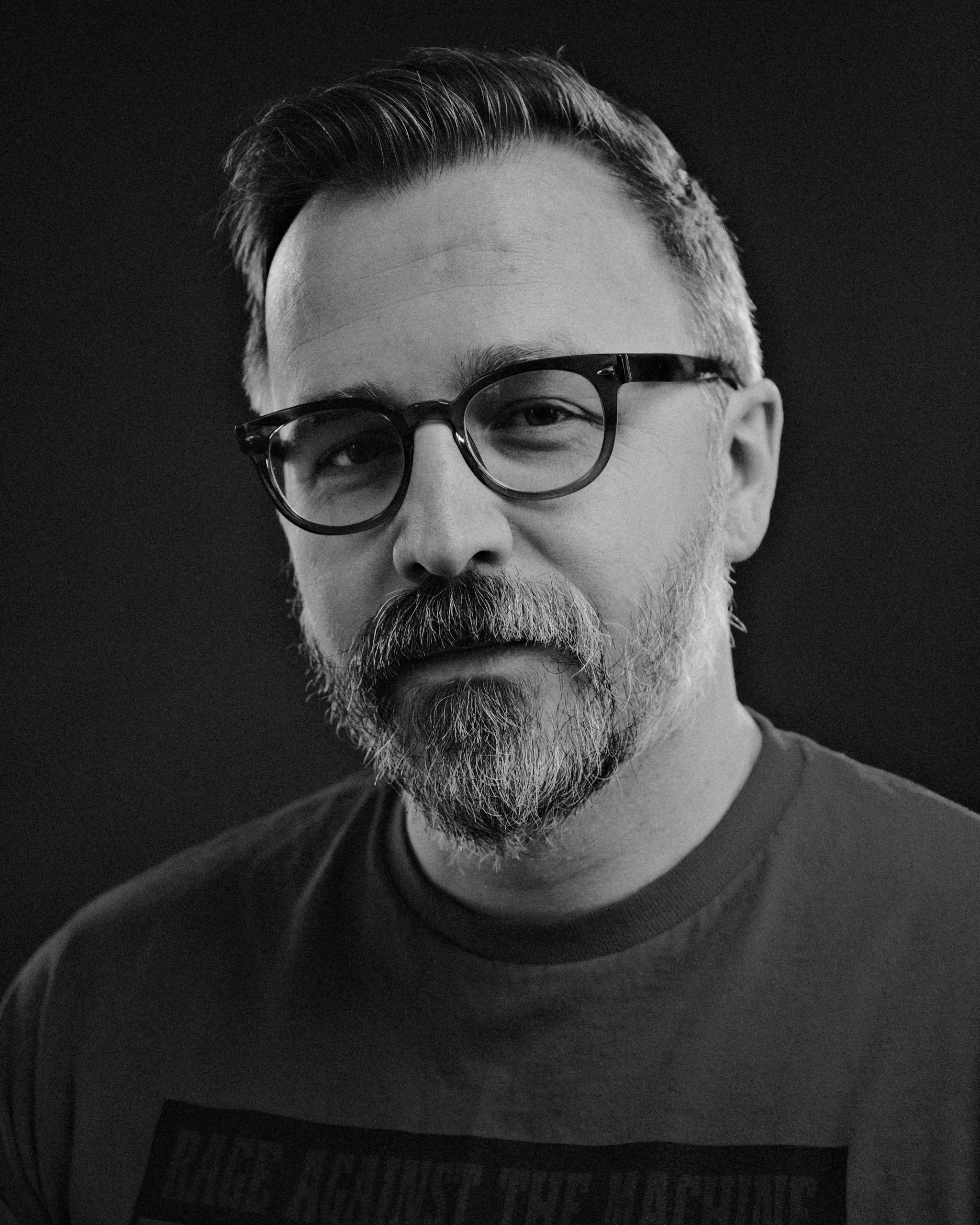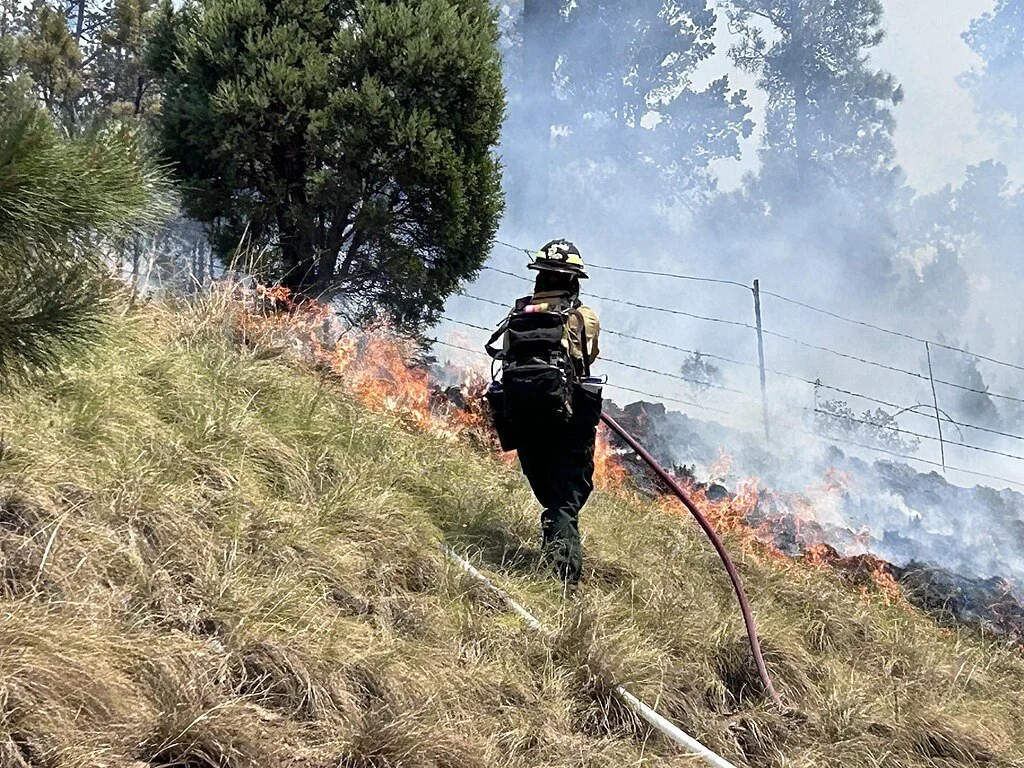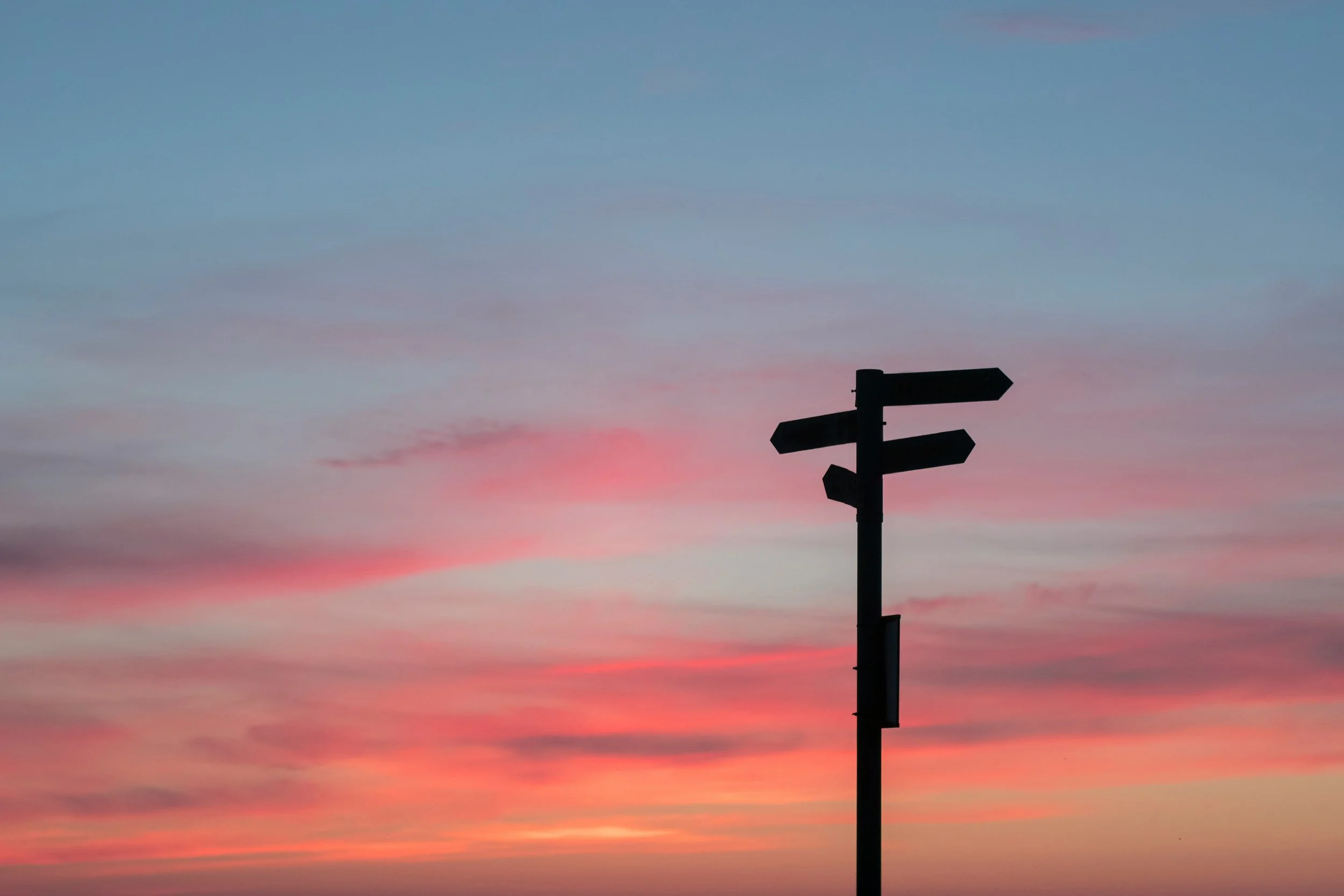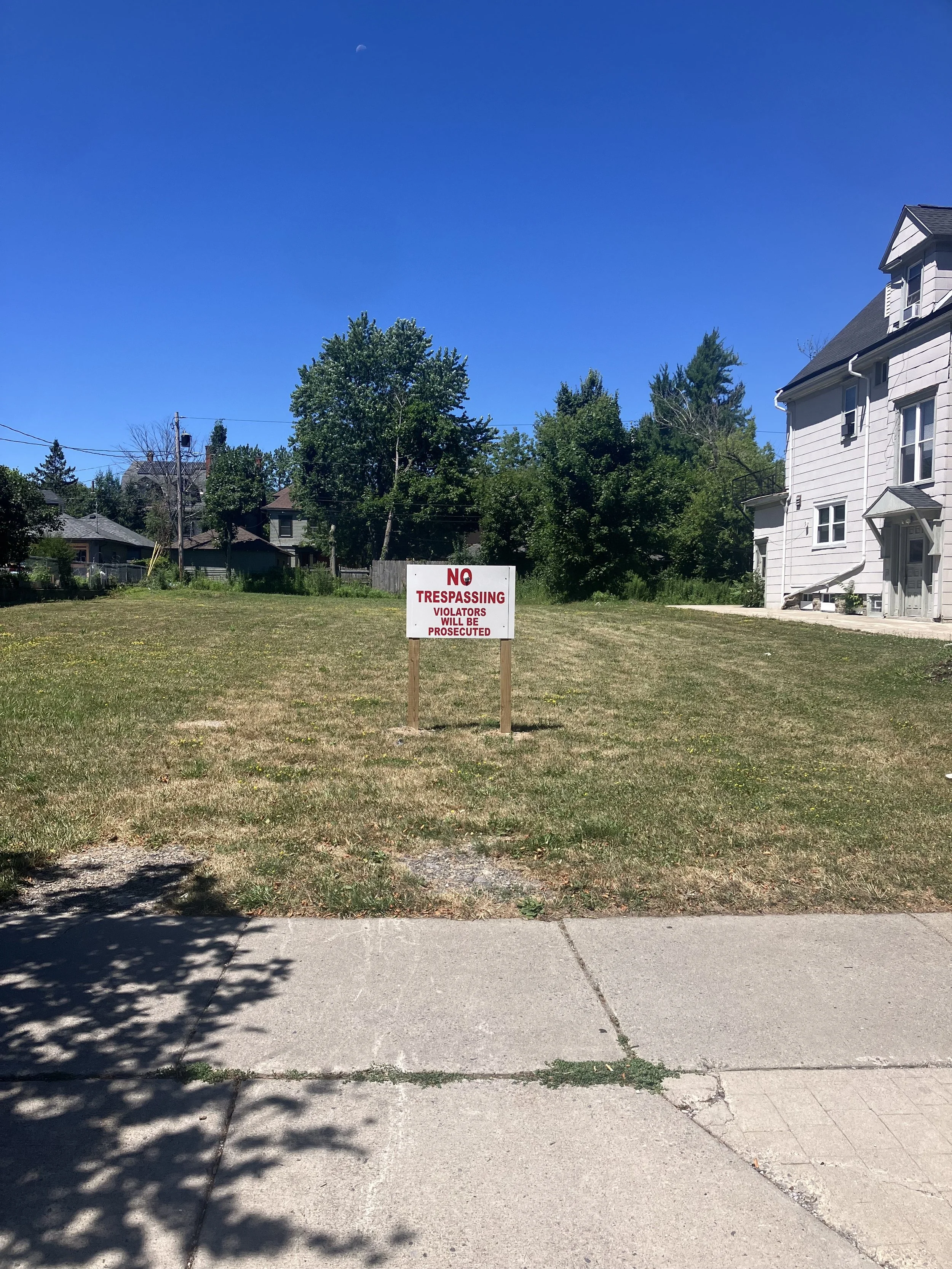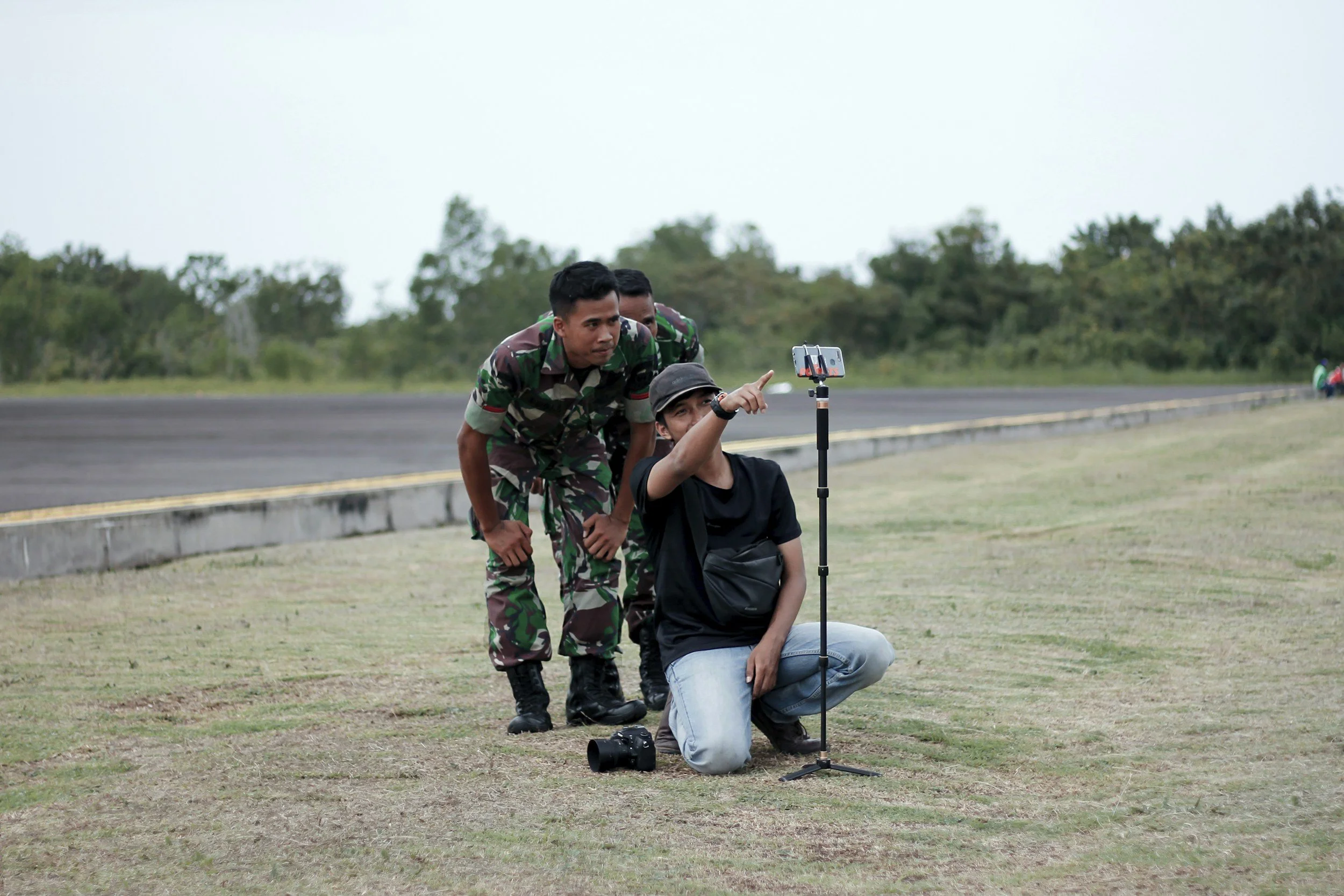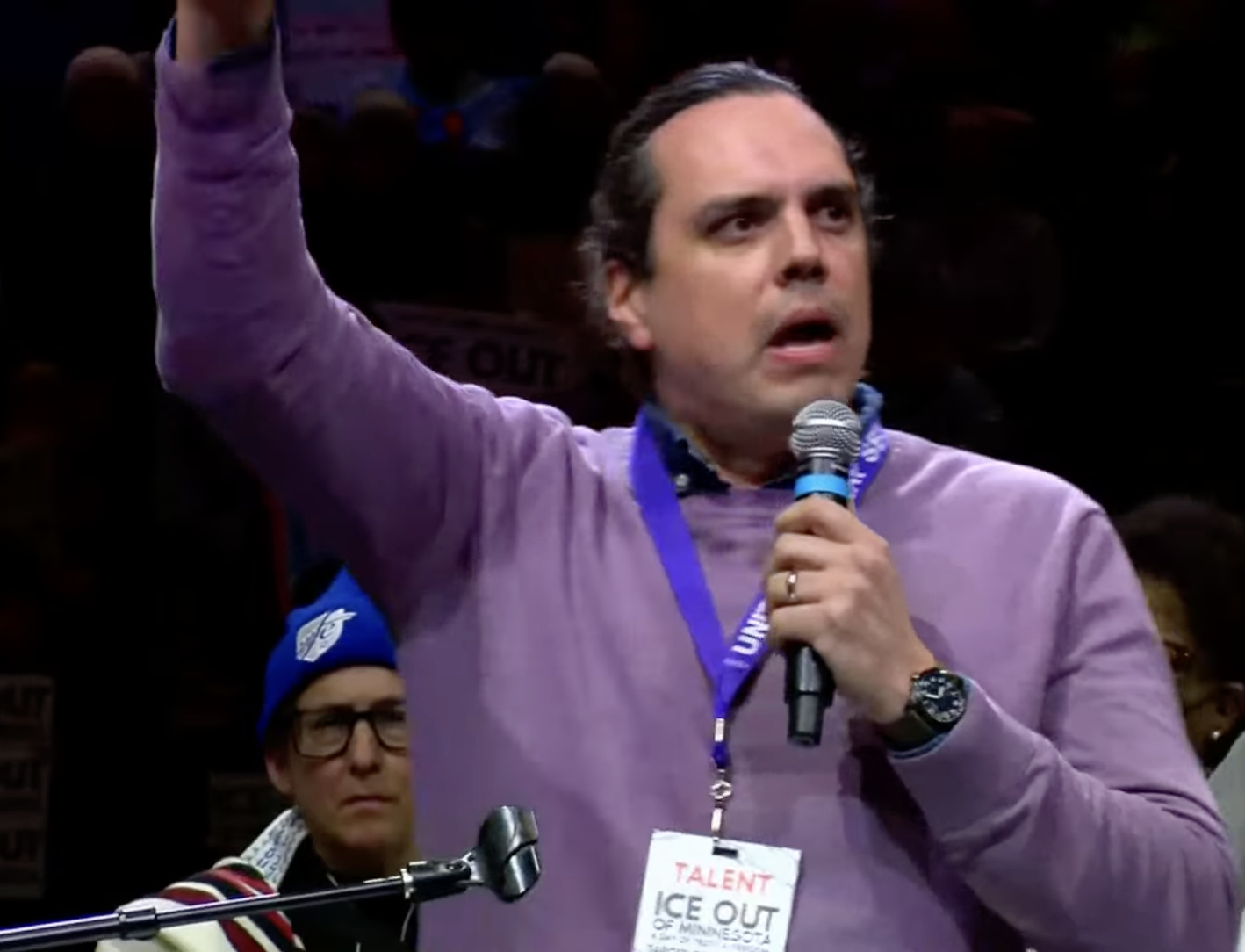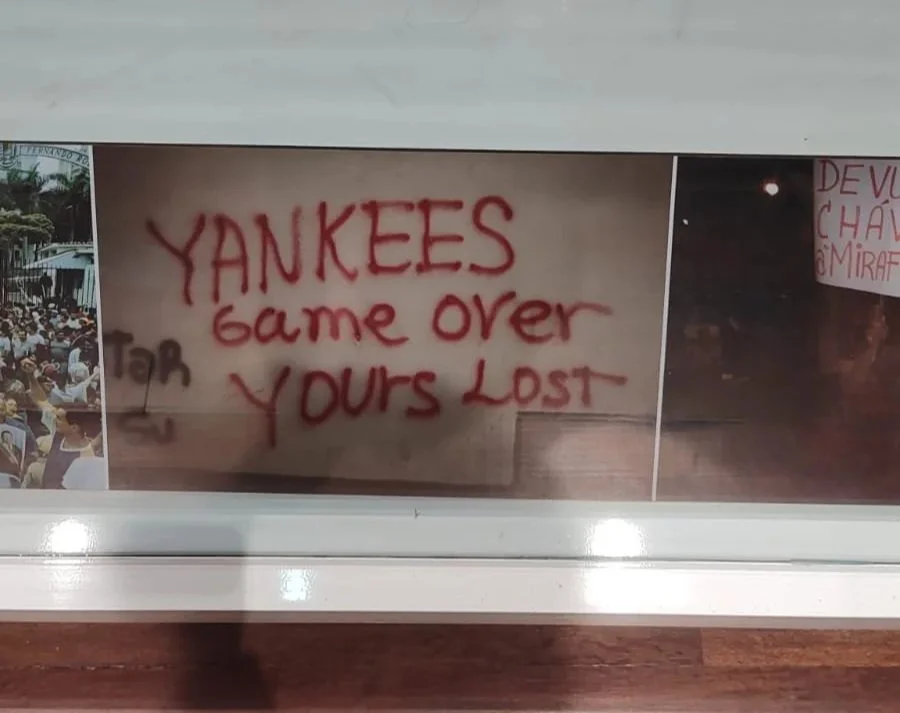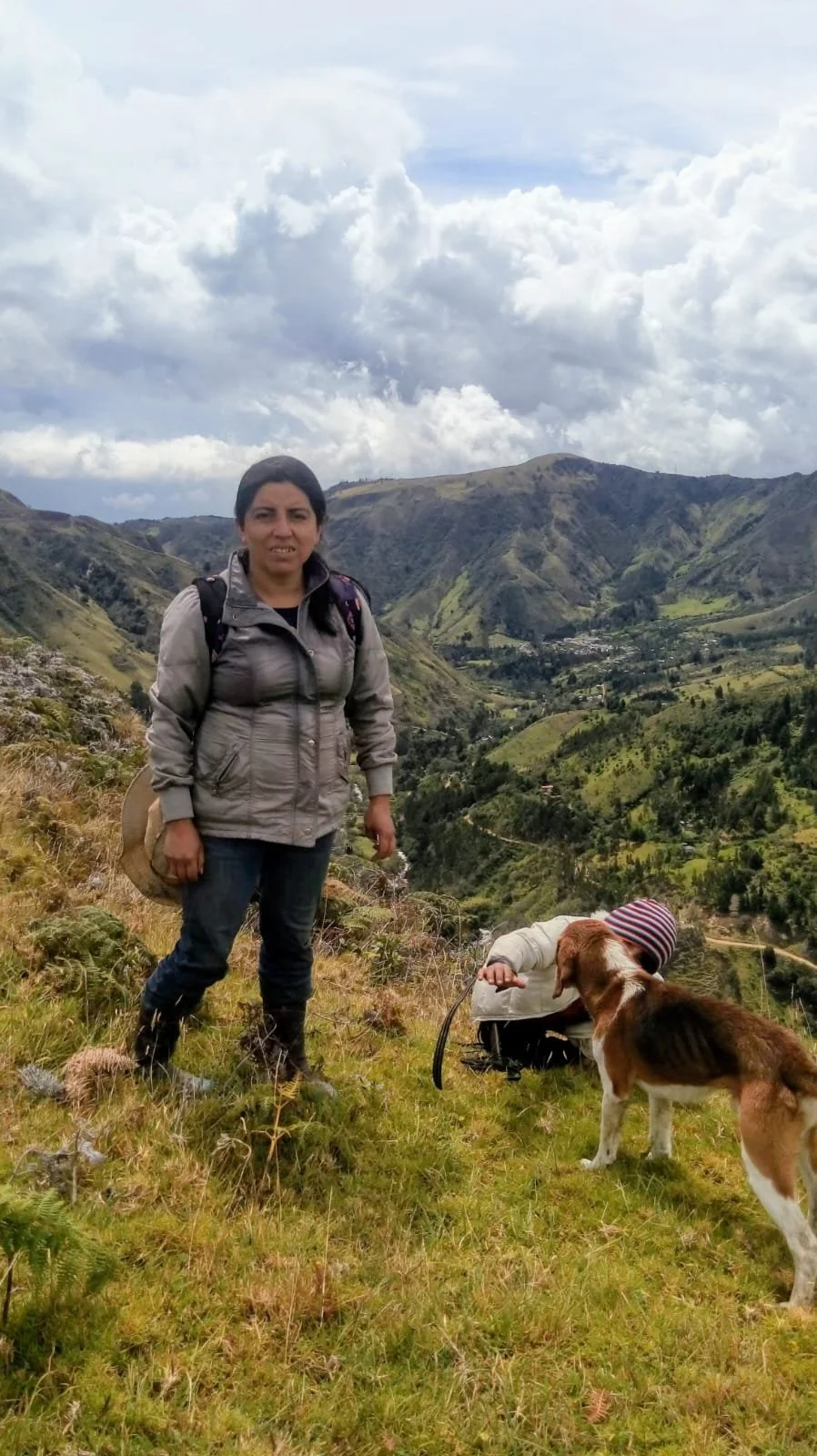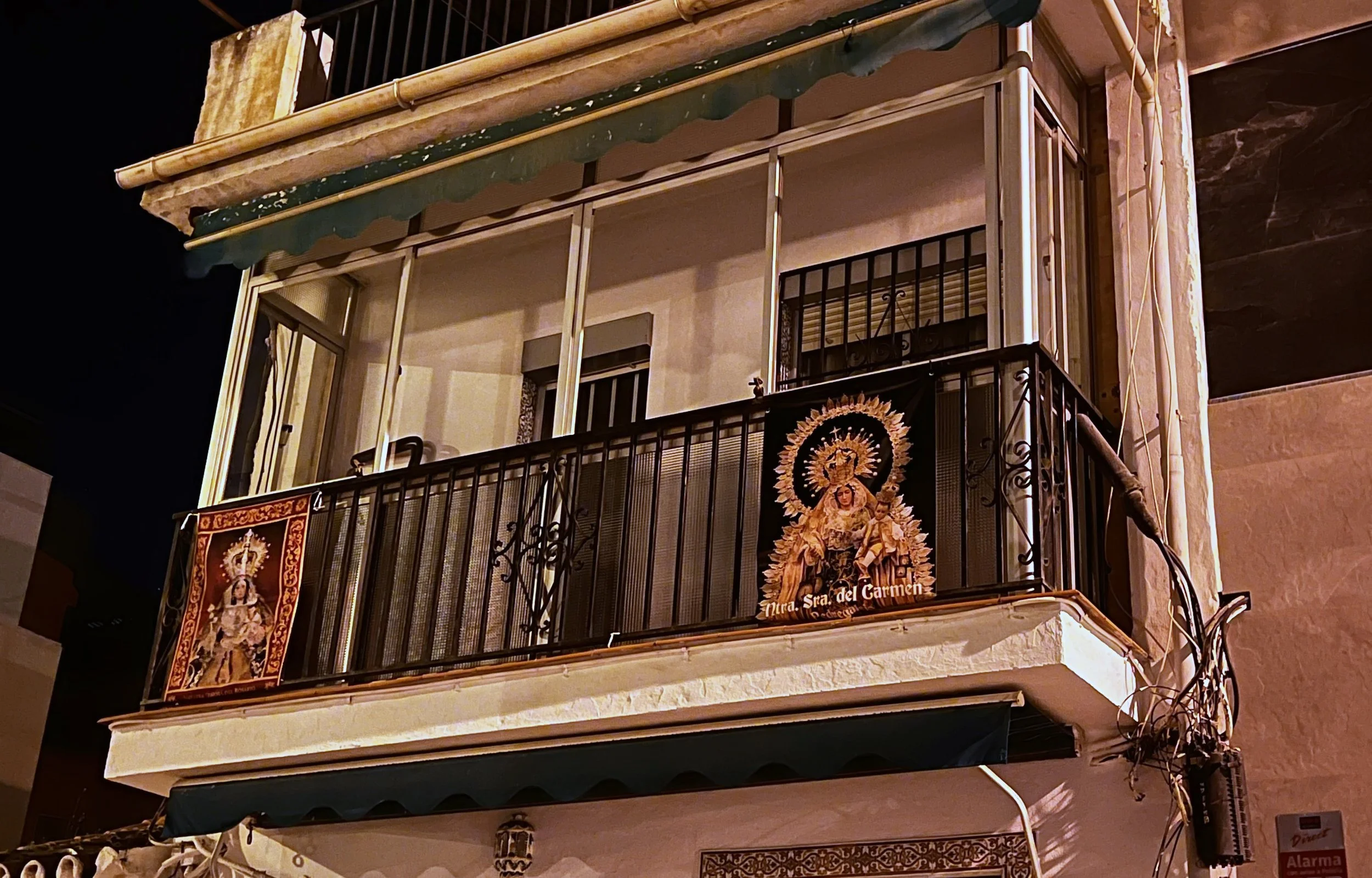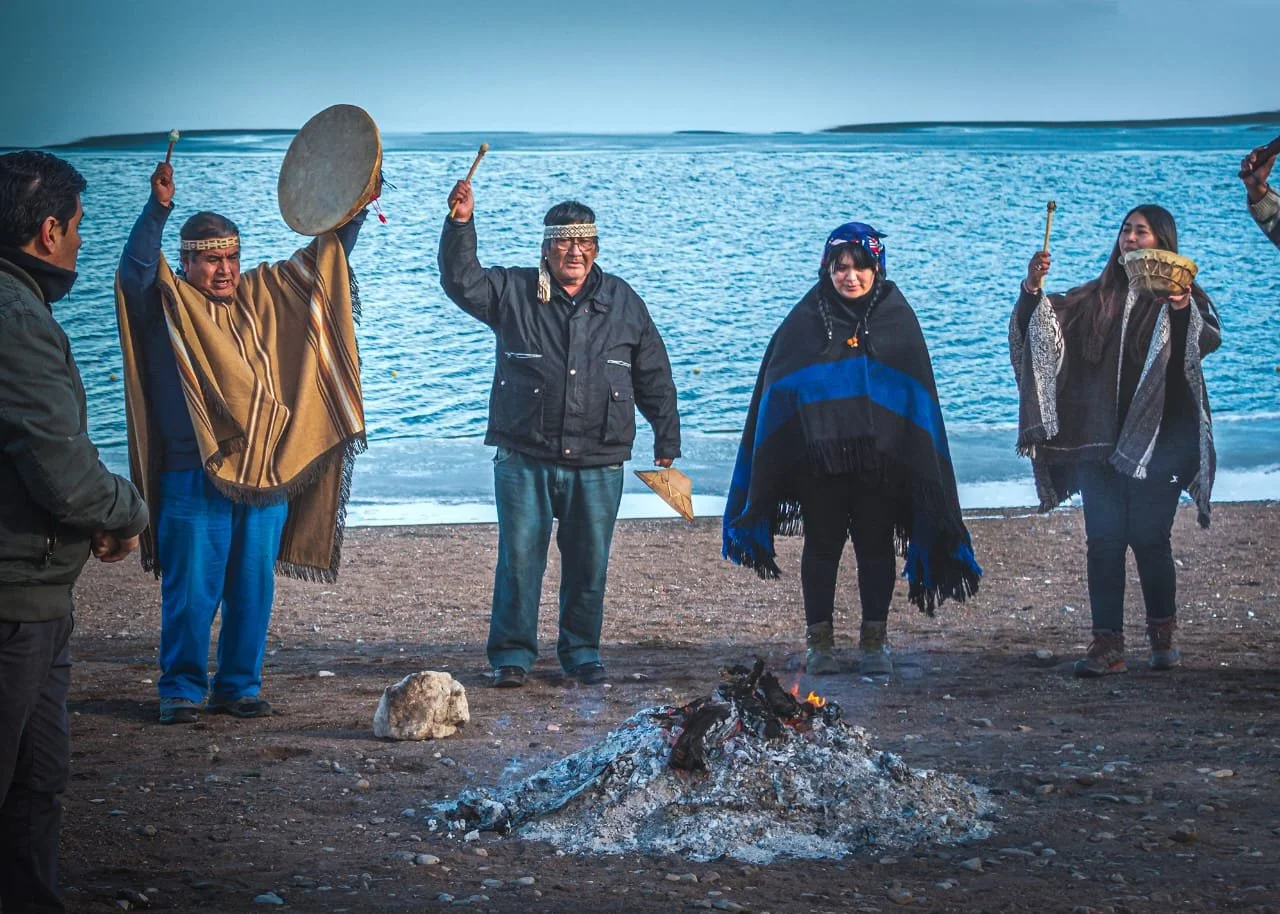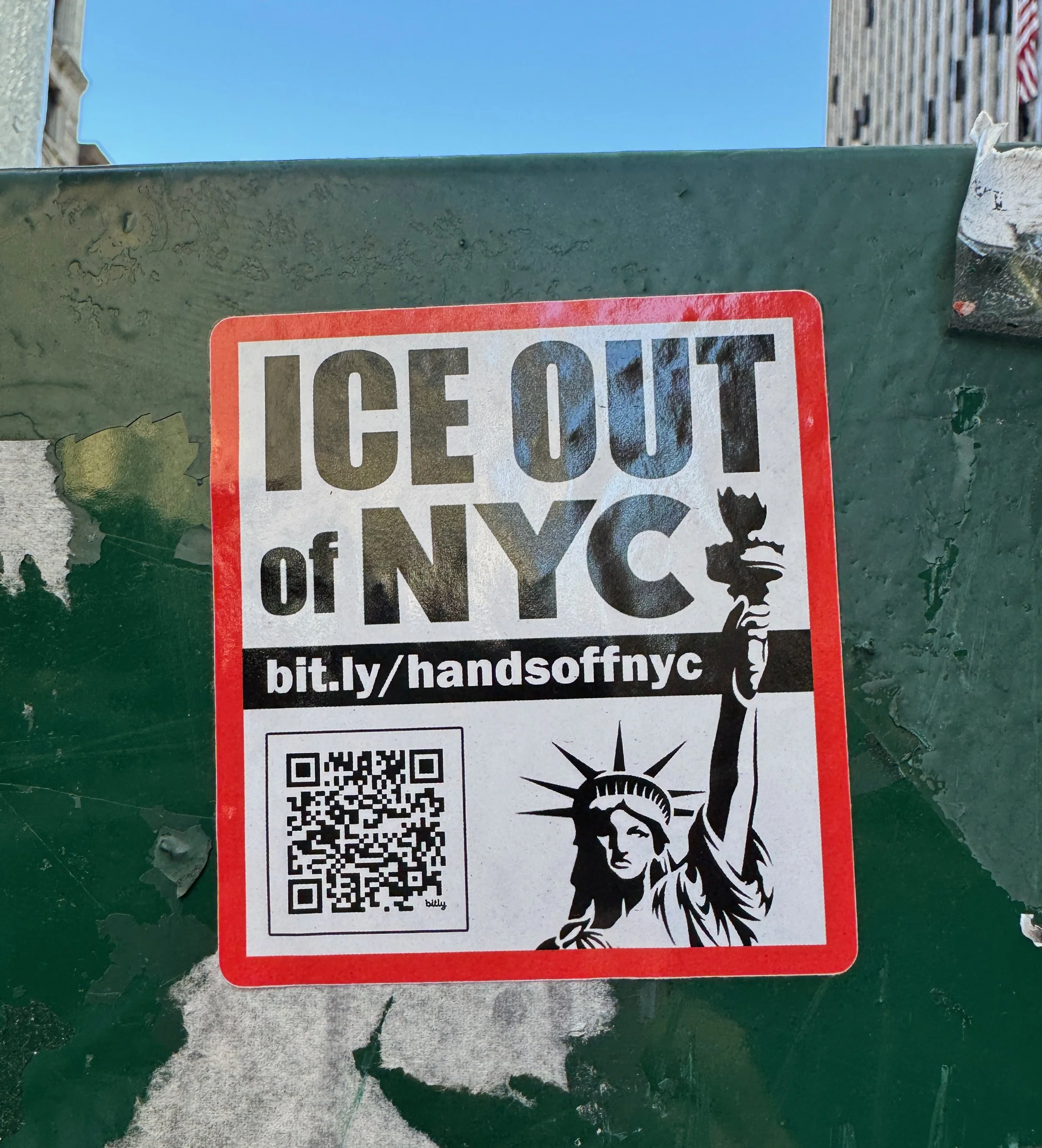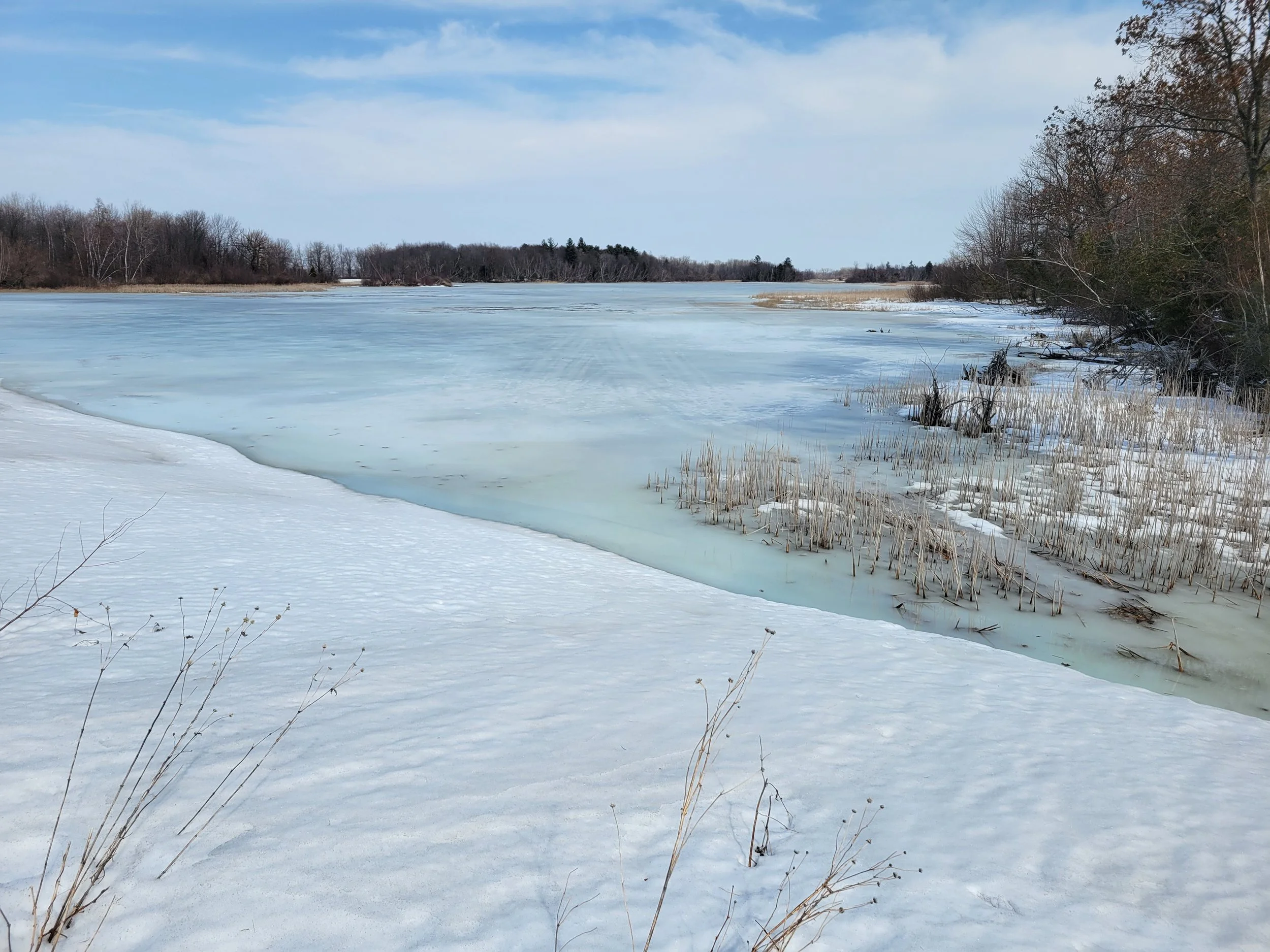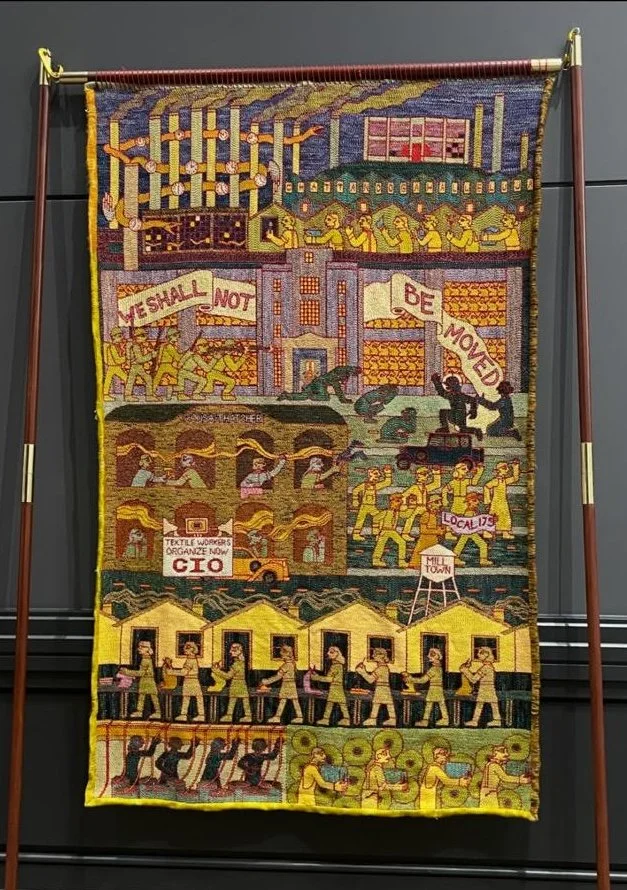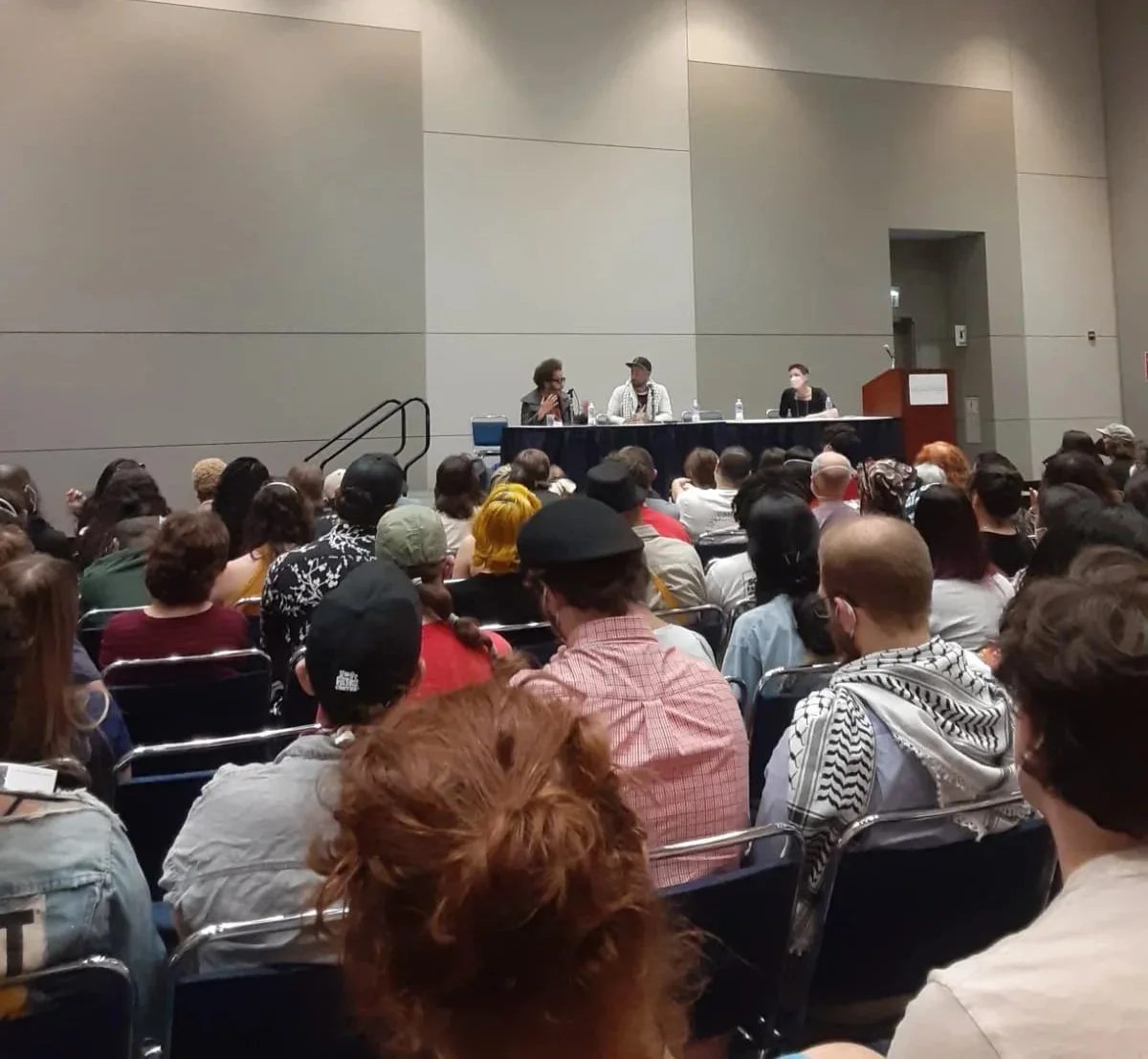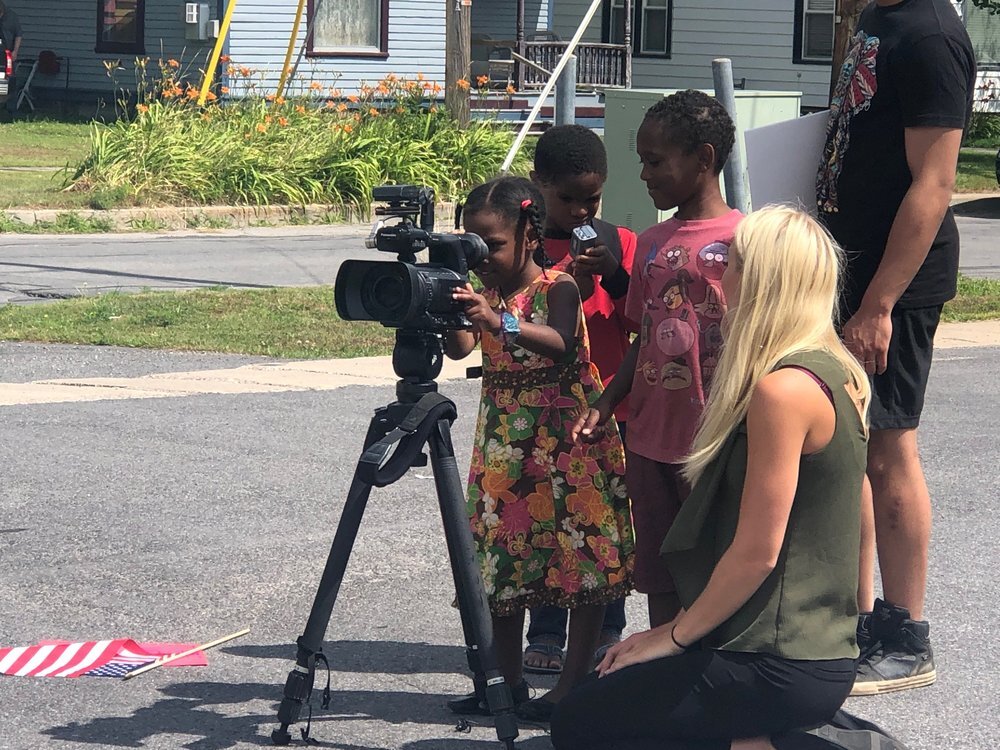
Stories
News
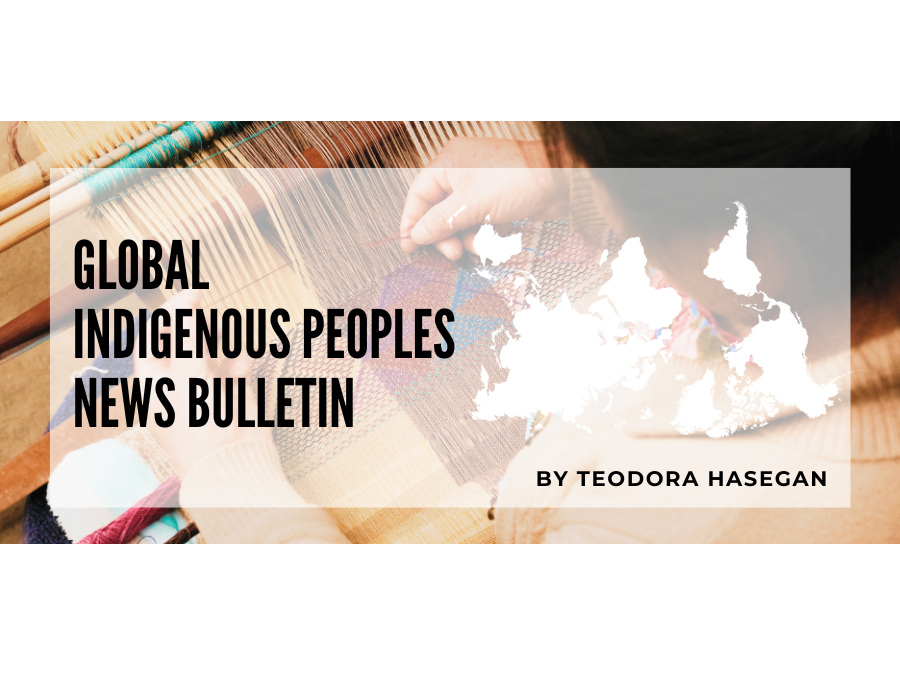
Analysis
Voices
Podcast
Announcements
Events

All Stories
“Tear Down That Fort!”: Nick Estes on Minnesota’s Resistance - and Responsibility
For the author of Our History Is the Future, the struggle against ICE is incomplete without a true anticolonial reckoning.
My Country Is No Longer a Place - It’s an Argument
Being Venezuelan now means explaining yourself before you are even asked. I often find myself elaborating on my political experience and beliefs as fast as I said my name.
Weavers of Life: Mónica Solarte Moreano - Guardian of the Seed and the Memory of the Iguailik People
The life of Mónica Solarte Moreano is interwoven with the history, struggle, and spirituality of the Iguailik people. Through her experience as a woman, mother, and professional, she embodies ancestral knowledge, the defense of territory, and the transmission of an identity.
El Palo: Under the Eyes of Saint Carmen
Inna Saribekyan reports from the Malaga neighborhood where the patron saint of fishermen is ever-present.
Weavers of Life: The Mapuche Protectors
Looking after the mapu in a place where the land speaks
Anti-ICE Stickers and a Jericho Walk in New York City
For our Weaving the Streets series, Catherine Tedford listens to the people’s voice in the Big Apple.
Exploring Revolutionary Alternatives in an Age of Rising Fascism and Failed Liberalism
A report from a unique meet-up at the Socialism 2025 conference
Taraweeh: A Symbol of Faith and Community
Irem Tuana Ciftci reflects on her Ramadan experience in Morocco.
How to Listen When Nature Speaks
A new toolkit from Talking Rivers invites organizations to rethink their relationship with the living world—through language, governance, and the simple act of listening.
Beyond the Bullfights: Madrid Rises Again for Palestine
John Collins listens as the people’s voice gets louder
Exploring the Art of Radicalization at Socialism 2025
“People were there in numbers, and they were hungry for radical change.”
Always Already Anti-Fascist: Lessons From a Lifelong Spanish Militant
Cristina Farré: “We have to try and give it our all”
‘What Radicalized You?’: Impressions from Socialism 2025
Left political education in a time of cascading crises
No Price Tag for the Priceless
Upper Peninsula residents fight for Lake Superior and the Porcupine Mountains
A Digitally Enslaved Generation Cries for Independence
A.M. Derrendinger writes for the Waterbury Roundabout (VT) about the dangers of social media
‘There is no Eid in War’
Writing for We Are Not Numbers, Majd Abu Esaid reflects powerfully on her family’s ongoing experience of violence and loss in Gaza.
Ancient Voices: The Call Against Contamination of Mayan Cenotes
The light of the sun finds its way through the small hole in the ceiling, turning the water bright and blue. A sharp contrast to the otherwise dark cave, with limestone walls that seem to enclose you in a tight, cold grip. Stalactites have formed over thousands of years, and plants have started to grow from the opening of the cave, cascading into the water. The air is damp with the earthy scent of rock and minerals, it pulls you in.
Between Borders: The Pervasive Issue of Statelessness
A special archive from Global Voices
The Agony of a Palestinian Mother
Umm Mohammad, a wife and mother of five sons, is all alone, engulfed in the grief of loss and longing. (Originally published by We Are Not Numbers. Art: Fatma Raif Al-Barqouni, Flyers for Falastin)

